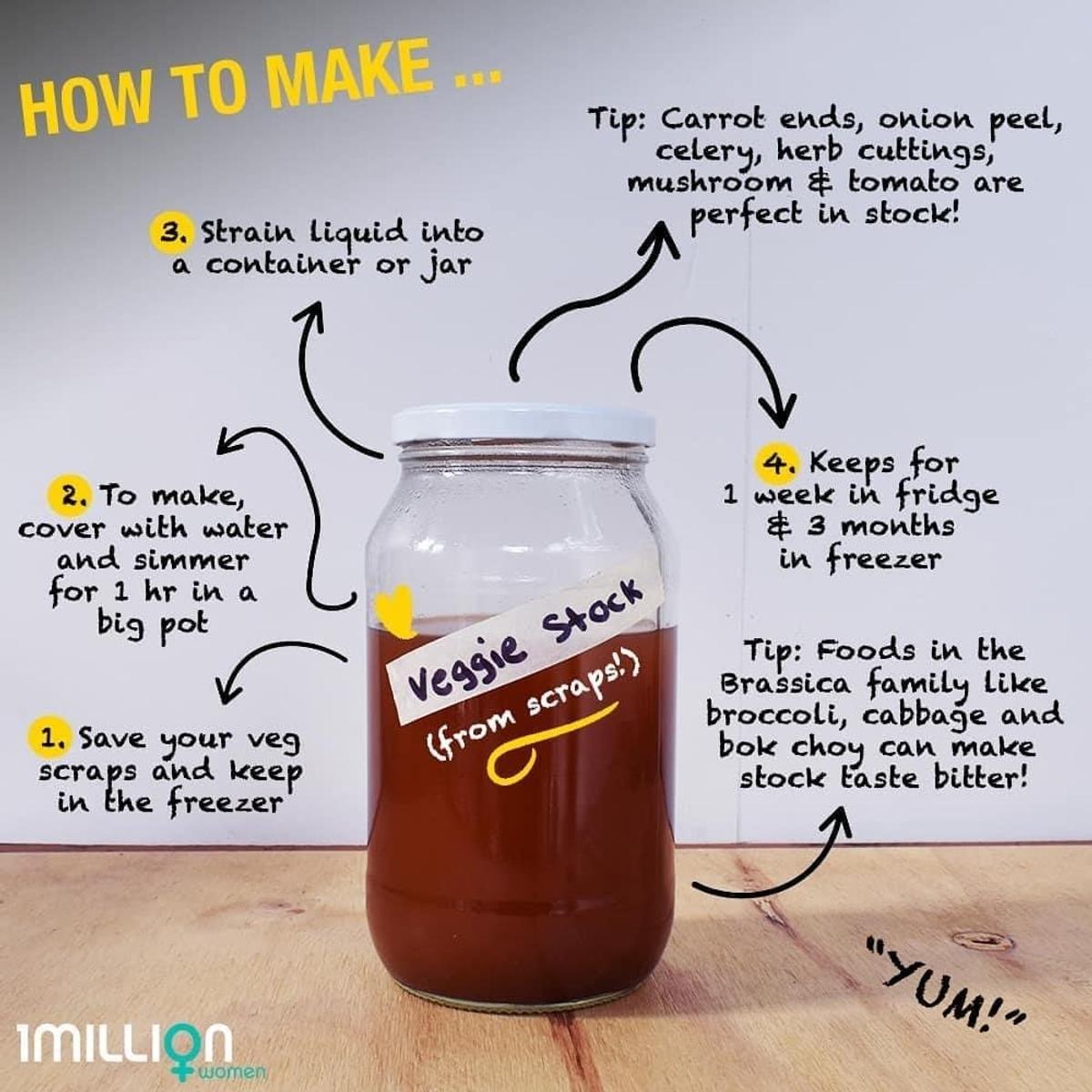Why Sustainability Matters

How to halt Biodiversity & mitigate Climate Change
Globally, human actions are destroying nature at a rate never seen before. The most recent Intergovernmental Science-Policy Platform on Biodiversity and Ecosystem Services (IPBES) report stated that without action, the world is at risk of losing 1 million species. IPBES has 132 nation-members and is the biodiversity equivalent of the Intergovernmental Panel on Climate Change (IPCC). A study this year found that 19 ecosystems in Australia are already in danger — including the Murray-Darling Basin and the Great Barrier Reef.
Earlier this year, IPCC concluded that “Climate change [is] widespread, rapid, and intensifying”, and that without, “Immediate, rapid and large-scale reductions in greenhouse gas emissions, limiting warming to close to 1.5°C or even 2°C will be beyond reach” (IPPC, 2021).
The world community is meeting at two summits this month with representatives from nearly 200 countries at each to find ways to halt and reverse biodiversity loss and limit average global warming to 1.5C above pre Industrial Revolution levels.
COP15 - Biodiversity - Kunming, China is working on a framework:
- To protect 30% of land and sea areas
- To reduce invasive species spread by 50%
- To reduce all pollution to levels that are not harmful to biodiversity
- To halt the extinction
COP 26 - Clima Change - Glasgow, UK’s main aims are:
- To secure global net zero by mid-century and keep 1.5 degrees within reach
- To adapt to protect communities and natural habitats
- For the more economically developed countries to mobilise at least $100bn in climate finance per year
- To work together to deliver
As St. Joseph’s College community, we, using the words of the Brigidine Sisters: “stand in reverence for the community of life”, and work towards “justice for humanity and for planet Earth”.
So, what can we do in our everyday lives to halt biodiversity and limit global warming? The answer is: lots of little things, every day.
From continuing to learn about climate change, to encouraging others, eating less meat, sorting waste, buying vegetables without plastic packaging, composting our food scraps, recycling soft plastics, walking and riding more, learning about and being more in nature, dropping fast fashion, buying less full stop, fixing water leaks, or growing insect attracting plants. The list is endless. We all do something. We all can do more. And every sustainable act, no matter how small, helps.
Here is another opportunity this Saturday to learn about and care for our natural world. Why not come to the:
Echuca Horticultural SocietyPlant, Books, Tools and more SALE St Mary’s Parish (next to ALDI) this Saturday 14th October, between 9am - 12noon.
Please check out the flyer in the community section of this newsletter for more information.
And to finish off: here’s how to make veggie stock from your food scraps.
If you have any other sustainability ideas, we’d love to hear from you. Let’s fully embrace and celebrate becoming more sustainable in our daily habits. Please email your tips to RPhillips@sje.vic.edu.au.
Ruth Phillips

